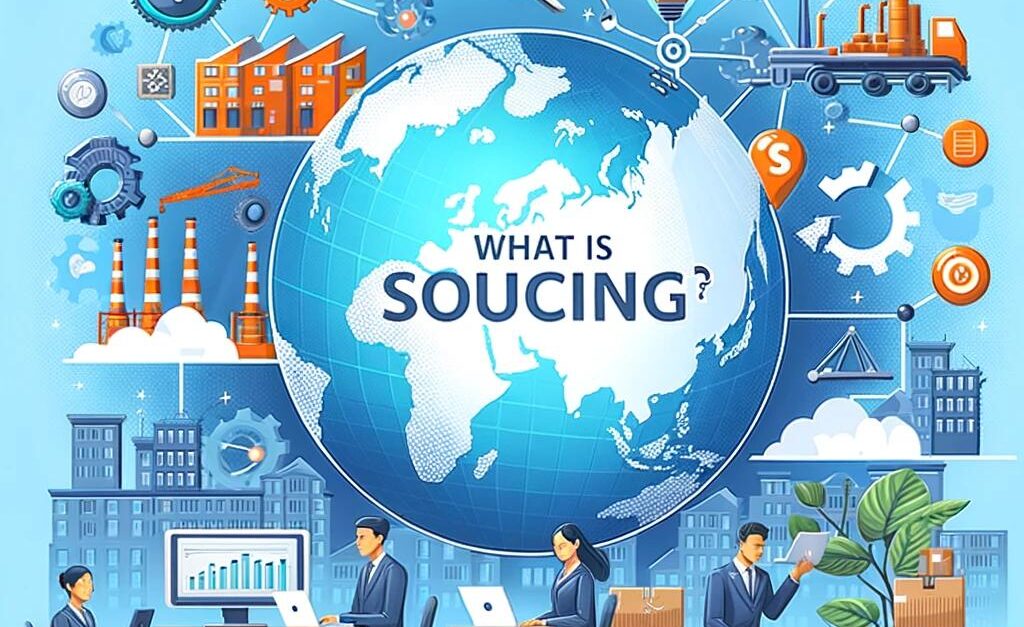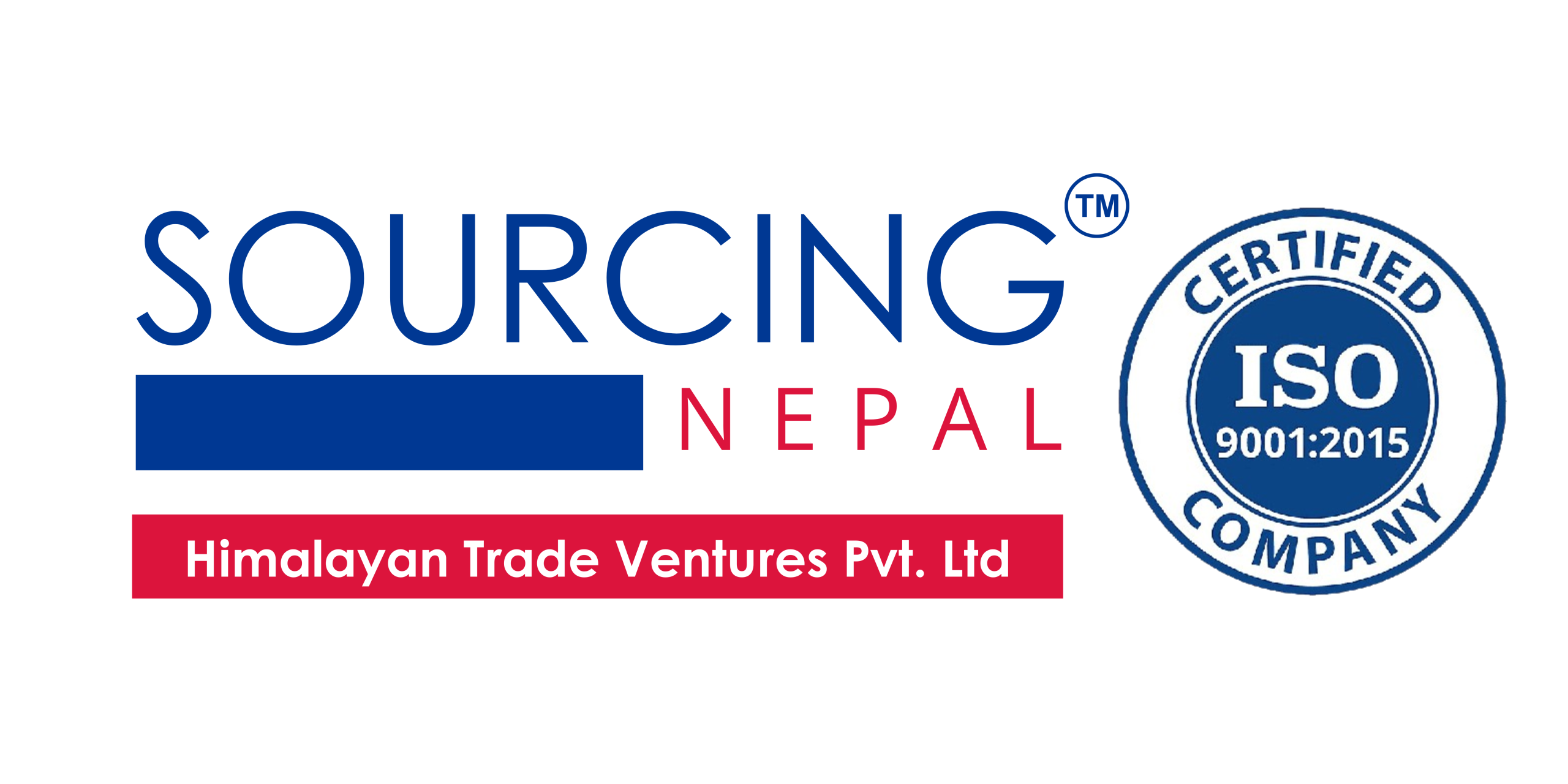
Sourcing is a critical component of supply chain management that involves identifying, evaluating, and selecting suppliers to provide goods and services that meet an organization’s requirements.
It encompasses both strategic and tactical approaches, with the goal of optimizing costs, quality, and delivery timelines to enhance overall business performance.
It encompasses both strategic and tactical approaches, with the goal of optimizing costs, quality, and delivery timelines to enhance overall business performance.
Key Concepts in Sourcing
The key concepts in Sourcing are:
Effective sourcing offers several significant benefits for organizations. Firstly, it enables substantial cost savings by allowing companies to carefully select suppliers and negotiate favorable terms, thereby positively impacting the bottom line. Global sourcing opens access to new markets, facilitating the acquisition of innovative products and diverse supplier capabilities. This approach also improves quality as collaborating with high-quality suppliers ensures that products and services meet stringent standards, enhancing overall customer satisfaction. Moreover, diversifying the supplier base helps in risk management by reducing dependency on a single source, thus mitigating risks associated with supply chain disruptions. Responsible sourcing practices further help organizations meet regulatory requirements and fulfill corporate social responsibilities, thereby improving brand reputation and customer loyalty.
Effective sourcing offers several significant benefits for organizations. Firstly, it enables substantial cost savings by allowing companies to carefully select suppliers and negotiate favorable terms, thereby positively impacting the bottom line. Global sourcing opens access to new markets, facilitating the acquisition of innovative products and diverse supplier capabilities. This approach also improves quality as collaborating with high-quality suppliers ensures that products and services meet stringent standards, enhancing overall customer satisfaction. Moreover, diversifying the supplier base helps in risk management by reducing dependency on a single source, thus mitigating risks associated with supply chain disruptions. Responsible sourcing practices further help organizations meet regulatory requirements and fulfill corporate social responsibilities, thereby improving brand reputation and customer loyalty.
However, sourcing also presents several challenges. The process of identifying and evaluating suppliers can be time-consuming, leading to long sourcing cycles that may delay product availability. Poorly negotiated contracts can pose contractual risks, potentially affecting the organization’s operational efficiency and profitability. Additionally, maintaining effective and positive supplier relationships requires continuous effort and management to ensure alignment with organizational goals. In some markets, finding suppliers that meet specific criteria can be challenging, limiting flexibility and options. These challenges highlight the importance of having a well-defined and strategic approach to sourcing to maximize its benefits and mitigate potential risks.
Sourcing is a vital process that significantly influences an organization’s efficiency, cost-effectiveness, and overall success. By adopting strategic and responsible sourcing practices, businesses can optimize their supply chains, reduce costs, improve product quality, and enhance customer satisfaction. For companies like SourcingNepal, offering tailored sourcing solutions and leveraging experienced teams can provide clients with unmatched service delivery and satisfaction, ensuring excellence in sourcing.


